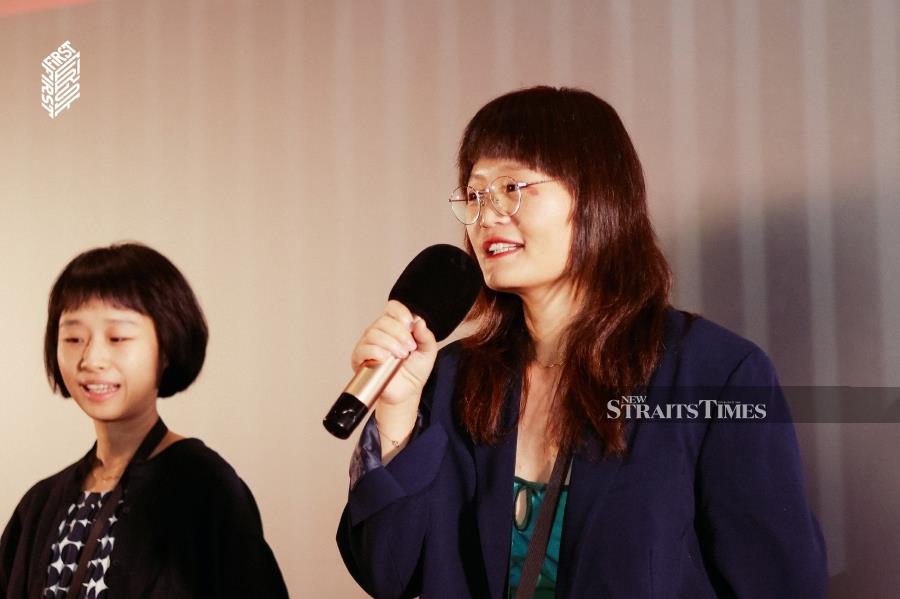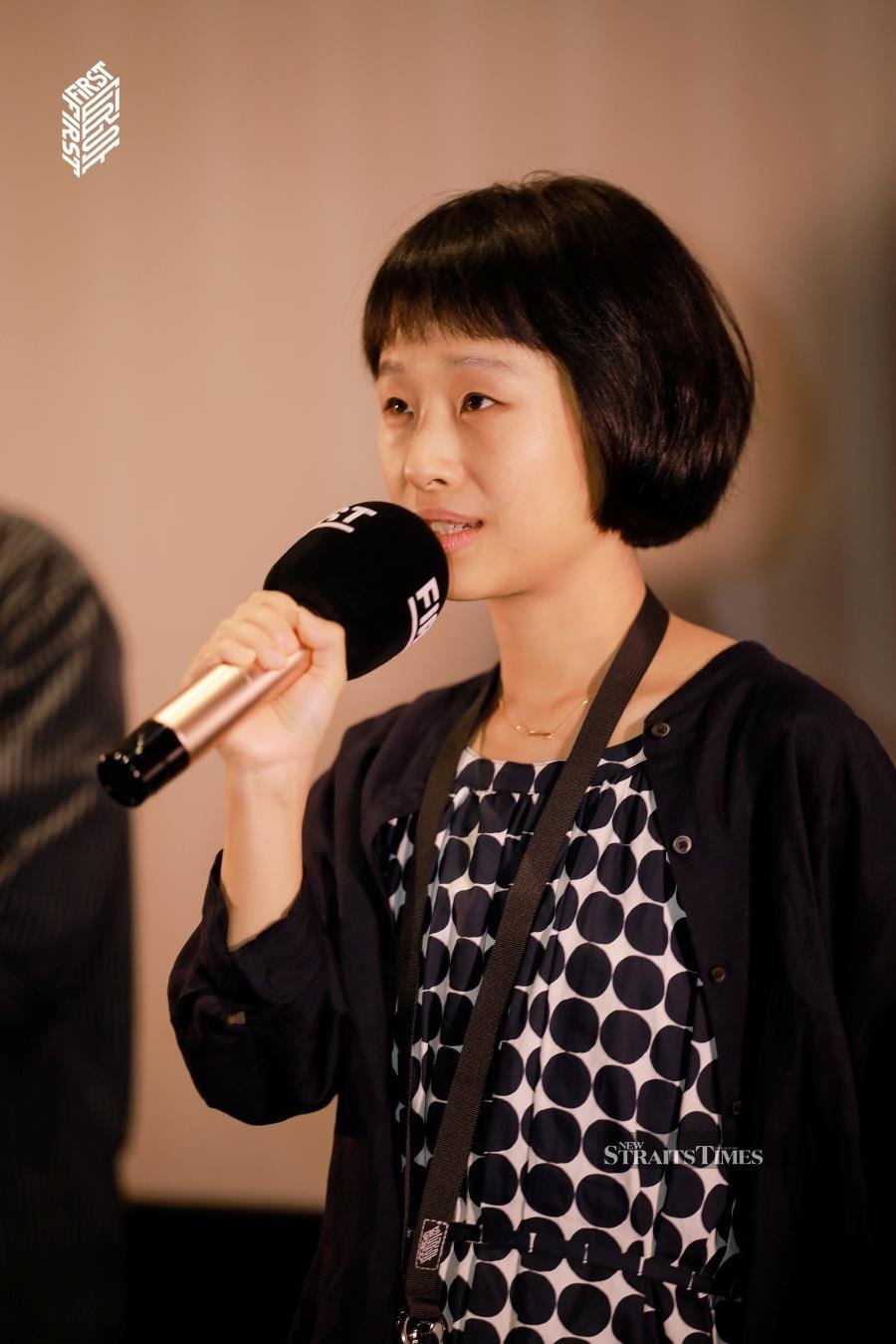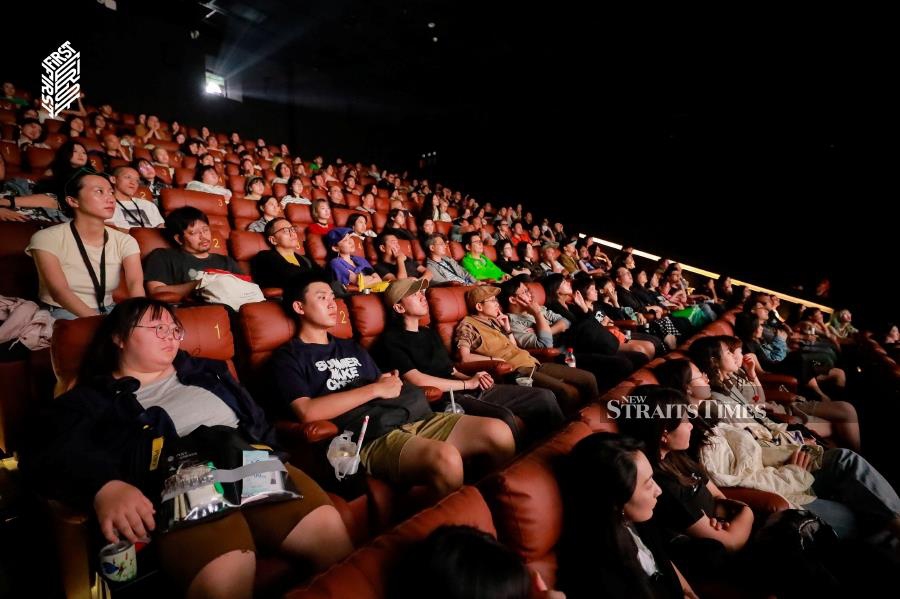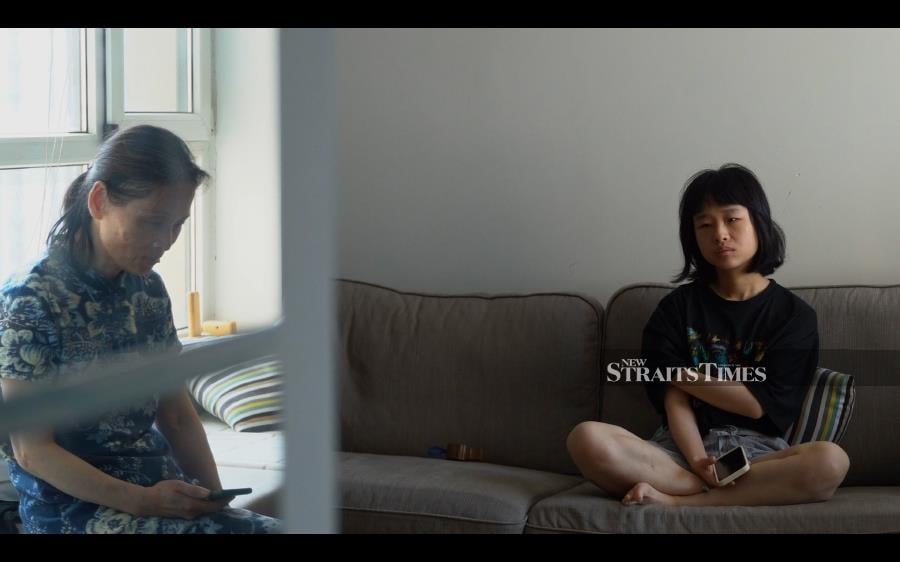CHINA'S FIRST International Film Festival (FIRST IFF) is often likened to its more globally recognised Sundance event in the United States, but the truth is, while both share a devotion to eclectic programmes, the almost-exclusive focus on Chinese-language independent cinema at FIFF sets it apart from any other festival in the world.
From full-length features, to documentaries, to shorts and even short-shorts — lasting five minutes or less — the annual event in the city of Xining, in the central Chinese highlands, is where young Chinese filmmakers bring their work, and where those who want to tap into this talent look when they want an insight into what and who is emerging in Chinese cinema, and into what and who might be coming next.
Little wonder, then, that there was a presence at this year's festival from Malaysian filmmaker Tan Chui Mui, who most recently put together the festival favourite Barbarian Invasion — the martial arts-themed drama currently on an 11-city tour across the nation — and who has continued over the years to spread her influence across Chinese cinema.
That presence came in the form of the very personal drama This Woman, winner of the top prize in FIFF's First Frame competition that is uniquely focused on Chinese films made by women or about women.

Caught, quickly, during her road trip, Tan said she'd come on as the film's producer as she'd been impressed by the vision of the film's first-time director, Alan Zhang (who prefers to go simply by the name Alan) and had come on board the project given its "great subject". Shared Tan: "Alan has a very delicate touch on her subject. Very intimate yet gentle. And she found a very interesting woman, who really captivates us with her life story."
SENSE OF HONESTY

This Woman morphed out of the pandemic and out of conversations the filmmaker had with friend, and eventually, lead actress Li Hehe, as they discussed their lives, their art, and how they actually intertwine.
"We talked about how people continue loving each other after marriage," shared Alan, adding: "She said how it's very difficult and how this particular person (the film's lead character Beibei) feels about her position as a mother, and a married woman, and how to live with this identity, as well as with what she actually wants from life. How does she deal with all these roles and still be 'herself'."
The film is shot in a quasi-documentary style, with the camera following Beibei and with the character talking directly to the audience about her wants and desires and various affairs, but with scenes also where she interacts with other characters.
Such is the sense of honesty the audience feels that you're often left wondering how much is real and how much is fiction. Alan stresses it's a work of fiction, but there's a wink in her eye, also, that hints at the fact that there might be aspects of both her and her lead actress' lives involved in the narrative.
The film sees its characters — and you can suppose it wants its audiences to — question the role marriage plays in contemporary society. "This character isn't saying that looking for love outside of a marriage will dissolve the marriage definitely because there are a lot of people who stay together even if there's no love," said Alan.
Adding, she continued: "But we leave these questions very open-ended. This couple isn't divorcing. They're still together but they're trying to figure out what sort of relationship works for them — or for the main character, mostly."
HOPE FLOATS

This Woman's success hinges squarely on the shoulders of Li, and that honesty she shares — for good or bad. There are moments when you feel for her; moments where she might drive you mad with her singular focus on herself. And Alan admits to exactly that, when she stepped away from the actual shoot and into the editing booth.
"I started off liking this character but when I started the editing, I actually started to feel this pain inside, just looking at this character," said Alan, before adding: "What's she doing and what sort of mess is she turning her life into? The two people… they're stuck in this marriage, and they're both hurting. So, it was very hurtful also in the process of editing the film."
While Alan came to FIFF unsure whether audiences would warm to her film, she'd been emboldened by the support Tan shared — and the hope that her support means her film will continue to play festivals, and hopefully even find some sort of release in Asia.
"This connection is very much about a sort of feeling of safety," said Alan, concluding: "Having her support means that this film will go to other film festivals and the life of this film will not end here. Having a programme here at FIFF has also given me hope. To have films by women and about women only can give hope to all of us."
Need to upgrade your TV? Purchase your dream TV with this Lazada voucher code.


